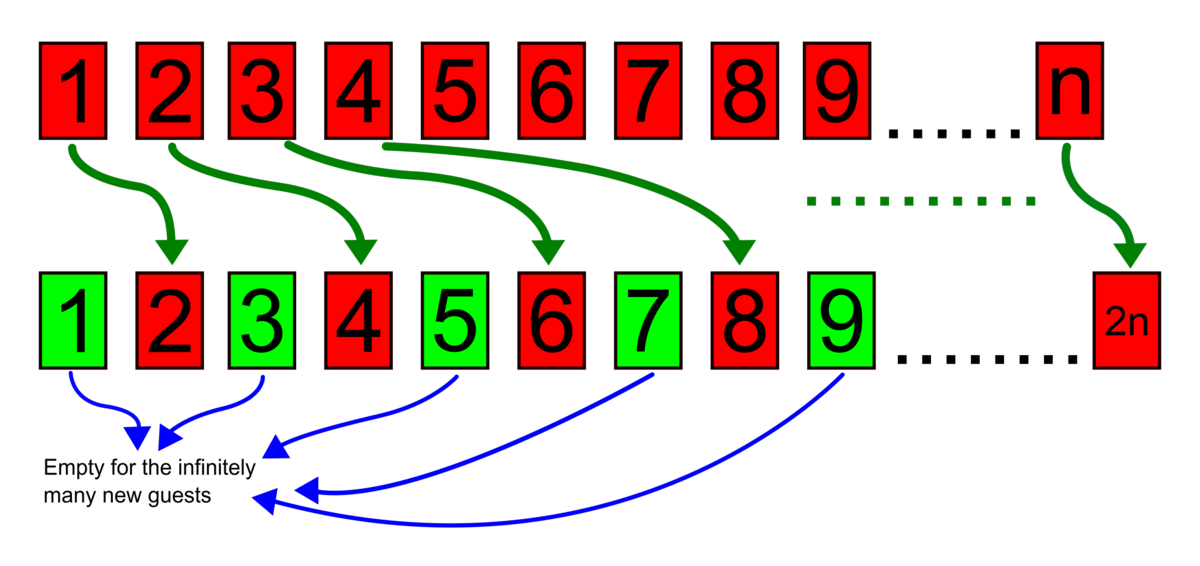Well do I remember a discussion I had many many years ago.
It was when I received my name.
I: Tell me wise Plato, how many infinities are there and which one is the largest?
Plato: Tell me, how many infinities have you experienced?
I: Well, none.
Plato: And what great unhappiness has this caused you?4
I: Well, none.
Plato: And what great happiness will it bring you when I tell you the answer?
I: Oh immeasurable happiness, for I will know the answer which only you and I know to one of the great questions of all time.
Plato: And how do I recognize infinity when I see it?
I: Oh, it will be enormously large.
Plato: And how large is the measuring stick which you will use?
I: I don’t think I have a ruler large enough.
Plato: I cannot measure infinity, and I have thought about it for decades.
I: So what should I do?
Plato: Forget about such matters which have no meaning in reality.
I: But if I thought about it for an infinite number of years, could I not then achieve an answer?
Plato: Infinity is simply something too large to measure. And, if this is its true definition, why would one waste a lifetime thinking about it?
I: Because it I interesting.
Plato: Oh, Young Man, I shall give you the name Catastrophe, for you will waste away your life on questions which have no sane answers. These are mathematical concepts. Any number divided by zero, mathematically, is infinity. So is one million divided by zero greater than one divided by zero? And do an infinite number of infinities exist? And, if they did, how would you count them? And when you grow old, having counted only 10 to the power x trillion, how will you value such a life spent on counting impossible numbers, and still not succeeding?
Catastrophe: Maybe I am wiser than all the people who have gone before me. I will be famous as the first person to count to infinity.
Plato: . . . . . . . . . <Sigh>








